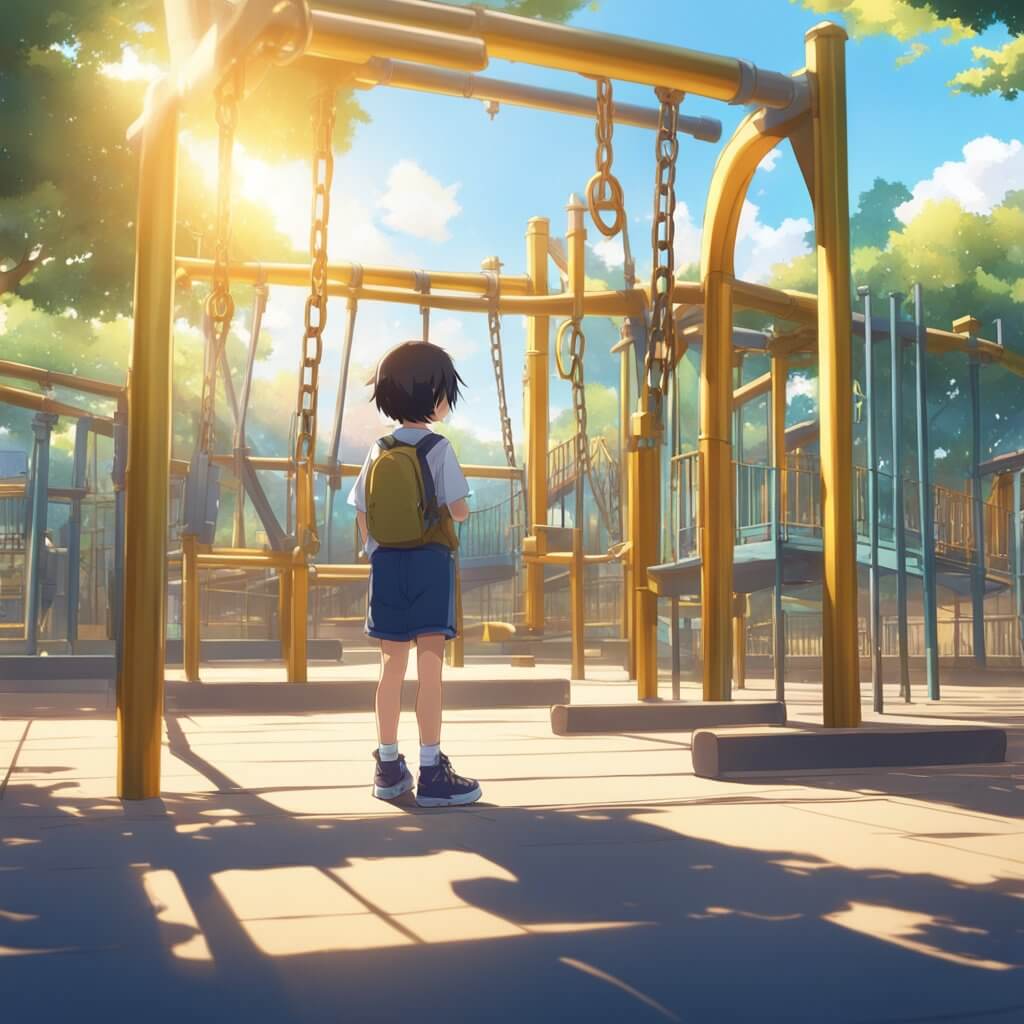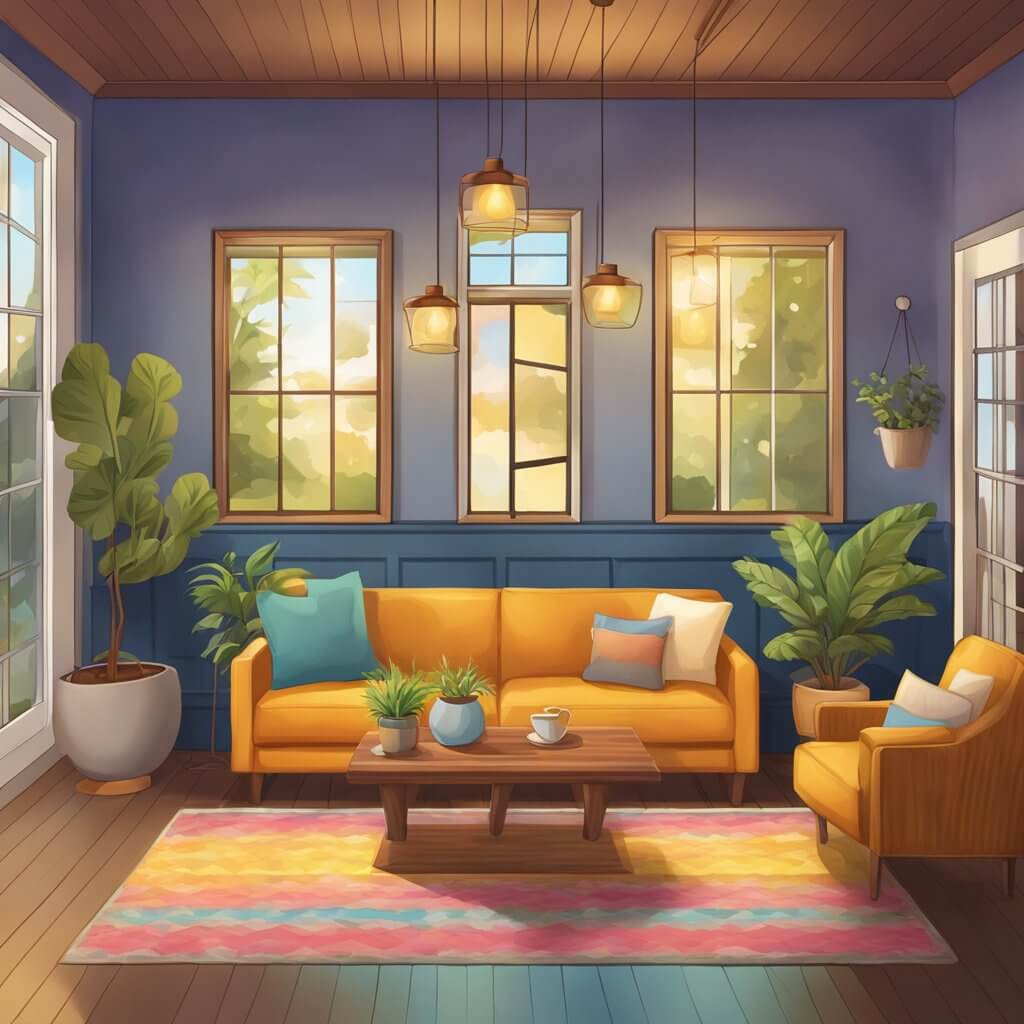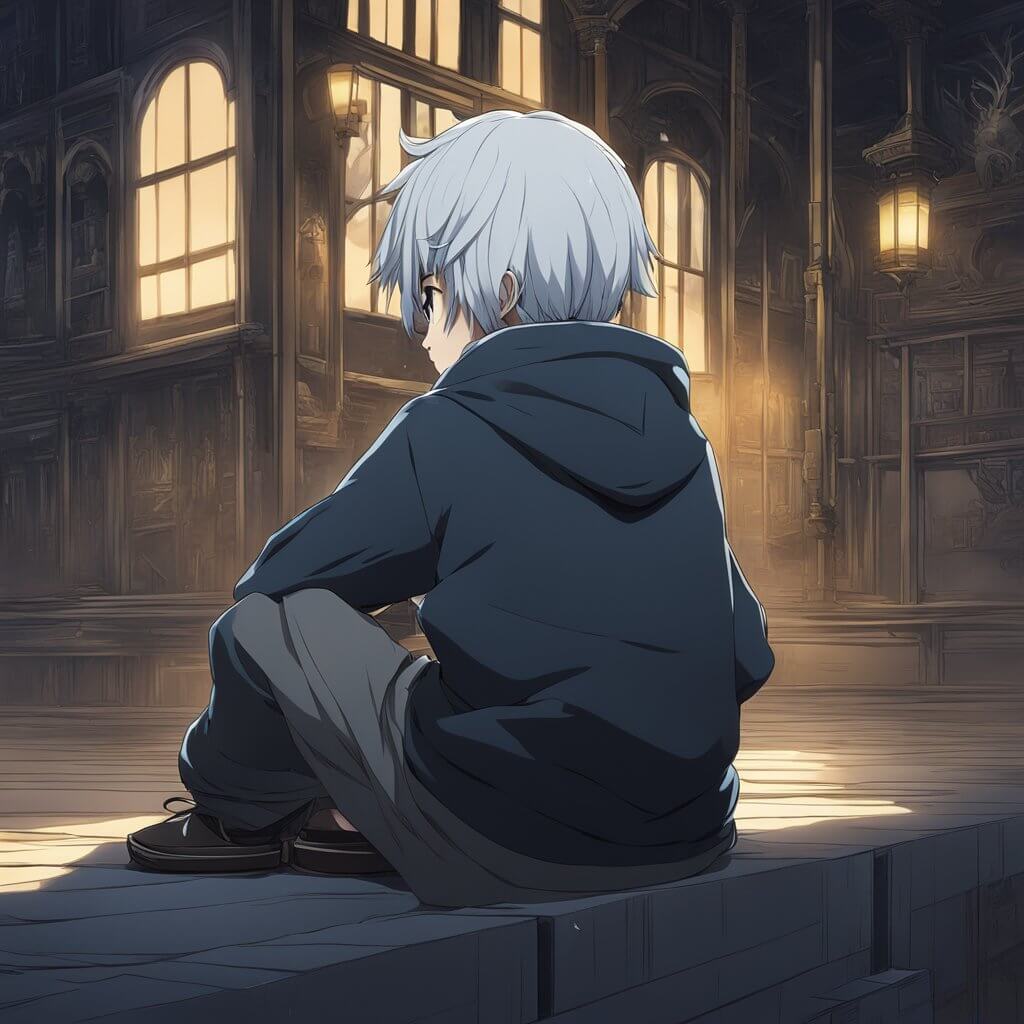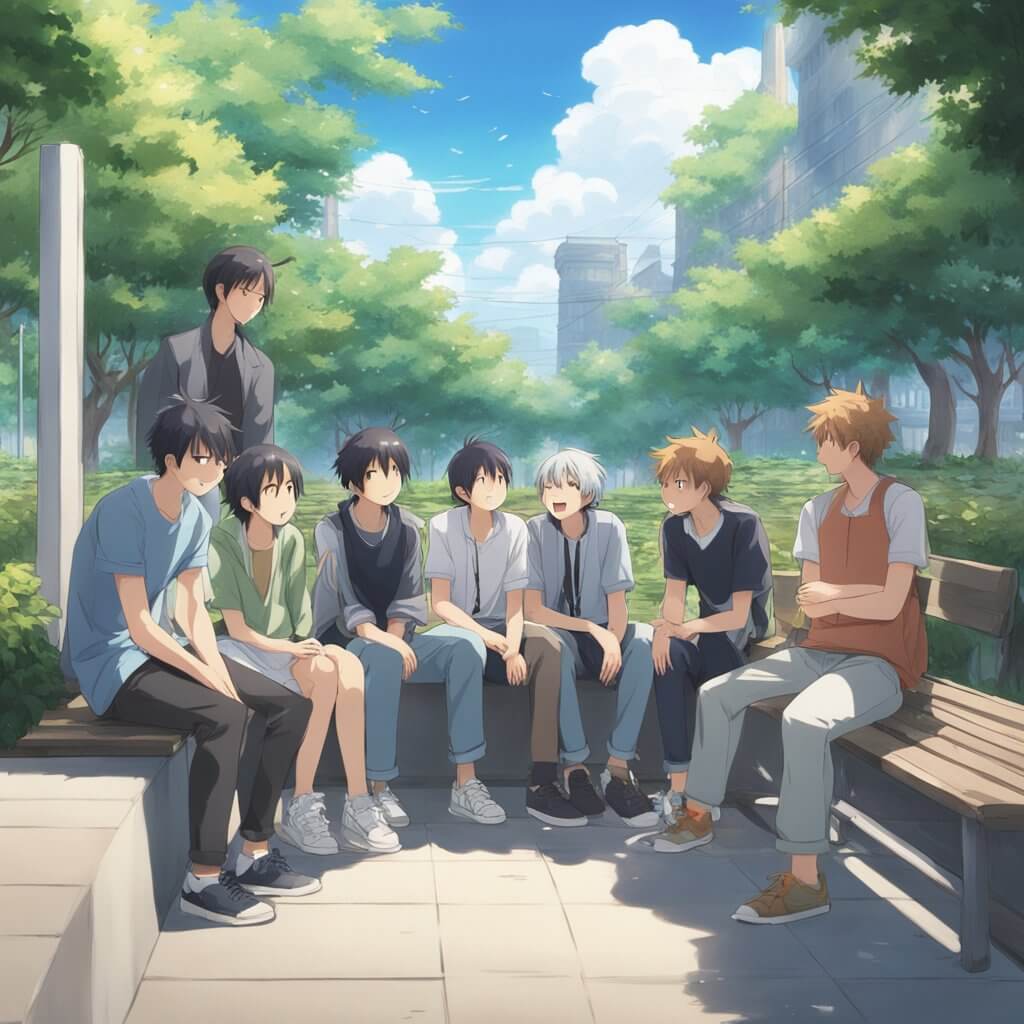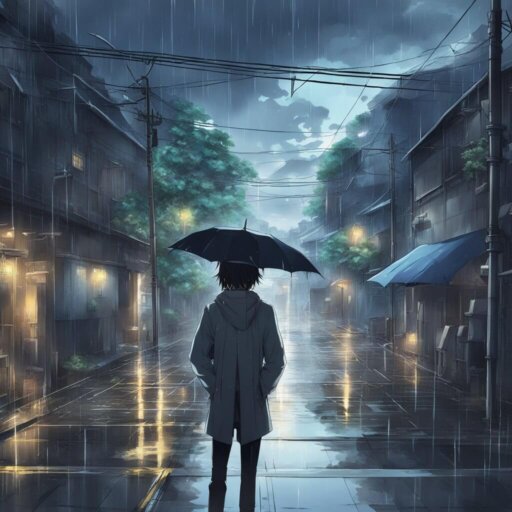Table of Contents
Did you know 27% of millennials say they don’t have close friends? At 22, you might feel like you’re part of this trend, facing loneliness and a lack of friends. Coming from a tough and isolating past, you missed out on making friends in college. Now, working part-time, you feel embarrassed, depressed, and even think about ending it all.
Feeling left out of social experiences can be really tough. You might think it’s too late to make friends and worry you’ll always be alone. But, you’re not the only one facing this. Many young adults struggle with loneliness as they figure out adulthood.
Did you know 27% of millennials say they don’t have close friends? At 22, you might feel like you’re part of this trend, facing loneliness and a lack of friends. Coming from a tough and isolating past, you missed out on making friends in college. Now, working part-time, you feel embarrassed, depressed, and even think about ending it all.
Feeling left out of social experiences can be really tough. You might think it’s too late to make friends and worry you’ll always be alone. But, you’re not the only one facing this. Many young adults struggle with loneliness as they figure out adulthood.
Key Takeaways
- Loneliness is a widespread issue, affecting a significant portion of young adults.
- Lack of friendships can have a profound impact on mental health, leading to depression and even suicidal thoughts.
- Feeling embarrassed or ashamed about having no friends is a common experience, but it’s important to remember that you’re not alone.
- Reaching out for support, whether from family, professionals, or online communities, can be a crucial first step in addressing feelings of isolation.
- Developing self-care practices and focusing on personal growth can help you build the confidence and resilience to navigate this challenge.
Navigating Loneliness and Social Isolation in Your 20s
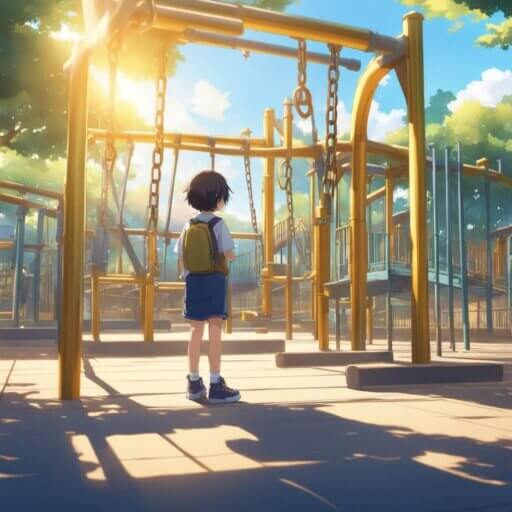
A solitary figure sitting on a bench by the river, surrounded by crowds of happy people laughing and socializing. The sky is overcast, casting a gloomy tone over the scene. The figure is staring down at their phone, scrolling through social media and seeing pictures of their peers having fun without them.
In your 20s, you might find that loneliness is more common than you think. A poll showed 30% of Millennials felt lonely, and 22% had no friends. This is a big issue, as your 20s should be about growing, exploring, and making strong connections.
Understanding the Struggle of Having No Friends
Many feel lost when they lose friends in their 20s. I know this feeling well. By my mid-20s, anxiety made my social circle shrink. As I dealt with my health, my friends moved on, leaving me feeling alone.
The Impact of Mental Health and Life Events
Mental illness and big life events can affect your social life. Data shows 41% of 16 to 24-year-olds often feel lonely. Only 27% of those over 75 feel the same. The COVID-19 pandemic made things worse, with 43% of young adults feeling lonelier.
Being young can be tough, especially with big changes and identity issues. Moving, leaving college, or dealing with mental health can make it hard to keep or make friends. This can leave many feeling lost and alone.
“Loneliness can manifest differently, such as during solo travel experiences, where the absence of familiar habits and close friendships can lead to feelings of isolation.”
Using social media a lot can also make young adults feel lonelier. Seeing others’ perfect lives can make us feel left out and not good enough.
But, there’s hope. Young adults are finding comfort in faith communities or spiritual activities like going to Mass or confession. St. Paul’s teachings on self-acceptance and contentment can help fight loneliness in these tough times.
no friends, alone, nobody here: Strategies for Building Connections
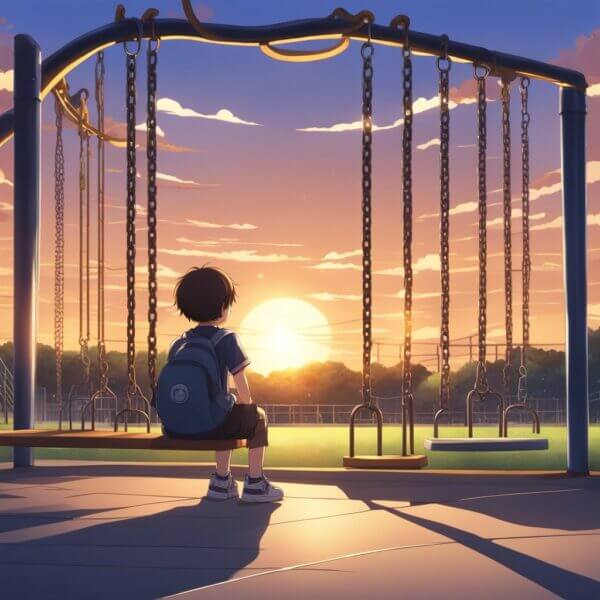
A young figure standing alone on a blank background, with puzzle pieces scattered around them. Beyond the figure, there are other people and vibrant environments with puzzle pieces that have already been connected. The figure begins to pick up the scattered pieces, looking at the completed puzzles around them for inspiration. As they join each piece together, their environment begins to come alive with color and energy, and they start to connect with others who are also building their own puzzles.
Feeling like you have no friends can be tough, especially in your 20s. But, there are ways to start making connections and rethink what friendship means to you.
Redefining Friendship
The idea of having a close group of friends your age might not always happen. It’s key to look beyond that and see that friendship comes in many forms. Think about making online friends, which can give you a sense of community and belonging, even if you don’t meet up. Also, joining groups or classes based on your hobbies can help you meet people who share your interests.
Reaching out to old friends can help you reconnect and strengthen those ties. Saying “yes” to social invites, like a coworker’s coffee date or a neighbor’s event, can also help. By being open, you increase your chances of making new friends and building a supportive circle.
Focus on your hobbies and interests to build connections. Doing things you love can lead you to meet others who enjoy the same things, making it easier to form strong friendships. Be patient with yourself as you explore and find your way through the challenges of having no friends.
Building a fulfilling social life might not always go smoothly. But, with a positive attitude and a willingness to try new things, you can beat loneliness and redefine what friendship means to you.
Conclusion
In this article, we looked at feeling alone with no friends in your 20s. This issue is more common than many think. In fact, 40 percent of people feel lonely sometimes, and about 20 percent feel it deeply.
But there’s hope. You can overcome this by changing how you see friendship and being kind to yourself. Look for new connections, even if they’re not like your old friends. You’re not alone, and you can make real friends with the right mindset.
Remember, feeling lonely is something many people go through. With determination and a positive attitude, you can build strong social connections. Stay open, take care of yourself, and use the resources available. You’ll come out of this feeling strong and connected, ready for what’s next.
FAQs
-
What should I do if I don’t have any friends at a young age?
Feeling alone in your 20s is common. You can take steps to make new friends. Start by finding activities you love and trying new things. Think about what friendship means to you in a new way.
-
Why is it so common for young adults to struggle with loneliness and a lack of friends?
Many Millennials feel lonely, with 30% saying they are lonely and 22% having no friends. This issue comes from mental health problems, big life changes, and the way social life works in your 20s.
-
How can mental health issues and major life changes impact one’s ability to maintain friendships?
Mental health issues and big life events make keeping friends hard. The writer’s story shows how these can lead to losing all friends by mid-20s. This deeply affects a person’s happiness.
-
What strategies can help individuals in their 20s build connections and overcome the challenge of having no friends?
Changing how you see friendship can help. Try online connections and join groups that match your interests. Reach out to old friends and say yes to social events. Focus on your hobbies to find happiness and maybe new friends.
Source Links
- I Have No Friends: Here’s What to Do
- 4 Ways to Cope With Having No Friends – wikiHow
- Having No Friends in Your 20s: Let’s Talk About It
- Lonely in Your 20s? It’s Not as Bad as You Might Think
- Loneliness is not just for older people. I’ve found it crushing in my 20s
- Navigating Loneliness In Your Early 20s — theYoungCatholicWoman
- Suppose you’re never going to have any friends for the rest of your life
- Loneliness isn’t inevitable – a guide to making new friends as an adult
- Loneliness and Social Isolation – HelpGuide.org
- Conclusions About Living Life Alone
- Loneliness is not being alone. It’s the feeling that nobody cares
- Have No Friends? Here’s What You Can Do to Thrive

